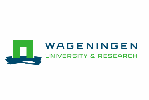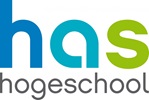The SEAD-West project is strongly aligned to another running SEAD project under NICHE. Where SEAD is focusing on the poultry, dairy, horticulture and potato value chains in the Northern, Eastern and Southern provinces, SEAD-West contributes to food & nutrition security in Western province of Rwanda.
The project builds new and strengthens existing partnerships to boost agricultural value chain development and ensures equal opportunities, labor market relevance and strengthening management of the chain actors for sustainability.
There's also a strong focus on bringing the triple helix partners (education, private sector and government) together in a STIC (Service, Training and Innovation Centre). This to strengthen the economic results of the project’s value chains, to support the Dutch private agricultural sector and to allow opportunities for cooperation between partners beyond the scope of the project.







